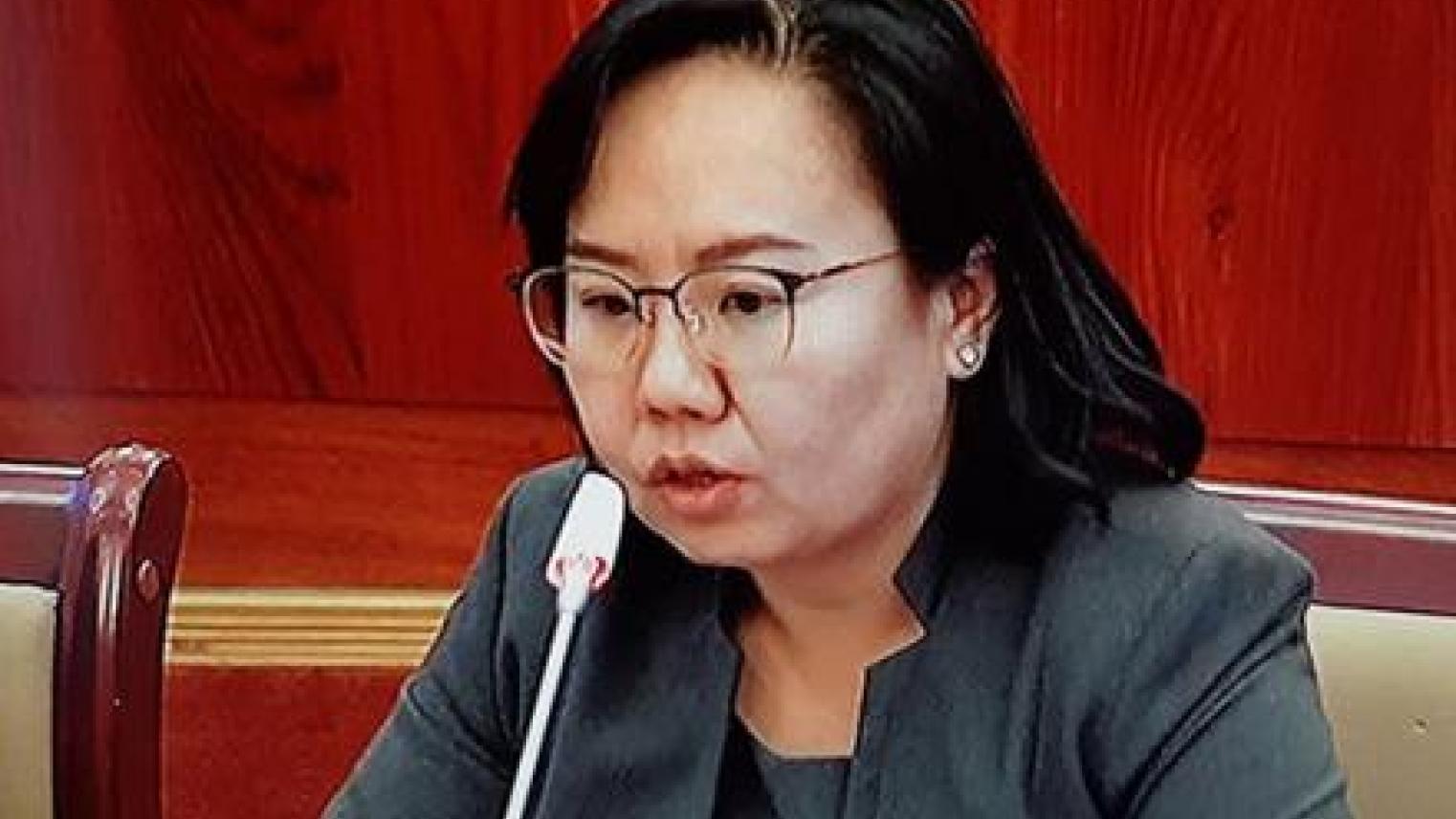RegNet alumna appointed Human Rights Commissioner to the National Human Rights Commission of Mongolia

We are delighted to announce that ANU RegNet alumna Dr Narantuya (Nara) Ganbat was recently appointed Commissioner to the National Human Rights Commission of Mongolia (NHRCM).
Following a comprehensive selection process, Dr Ganbat was appointed as one of just five Commissioners tasked with the promotion and protection of human rights and freedoms in Mongolia.
Dr Ganbat who holds a PhD from RegNet, has worked in human rights policy and research, having gained extensive experience in international human rights treaties, which linguistically and conceptually, are perceived as the hardest to comprehend by Mongolian lawyers in Mongolia and has served in senior positions with the MHRC.
More recently, Dr Ganbat has been monitoring the implementation of seven human rights treaties in Mongolia in collaboration with the European External Action Service and an international consultancy firm based in Germany. She has also engaged in human rights projects with international and domestic organisations, involving international treaties.
“The knowledge that I gained through my PhD and working with my supervisor Professor Hilary Charlesworth and ANU colleagues, will certainly be an asset for my new role at the Commission” said Dr Ganbat following her appointment” said Dr Ganbat following her appointment.
“This is an opportunity for me to apply what I have been learning all these years. It is also an opportunity to meaningfully contribute to my home country.
“Mongolia is a small country of 3 million people located between the two world powers and authoritarian regimes. We are proud that we are committed to democracy and humane society.
“Especially at this challenging time where a liberal international order is eroding, Mongolia needs strong professionals who can help to refine the regime and bolster the commitment. Due to its strategic location, Mongolia’s position is also important to the world politics. I hope to contribute to this endeavour.“
Dr Ganbat says that her interest in democracy and human rights stems from the experiences she had growing up with her grandparents who were active in the public arena and fuelled by the events of the 1990s democratic change in Mongolia. At RegNet, Dr Ganbat completed her PhD which examined the legal, political and social impact of the UN Convention on the Rights of Persons with Disabilities (UN CRPD) in Australia and Mongolia.